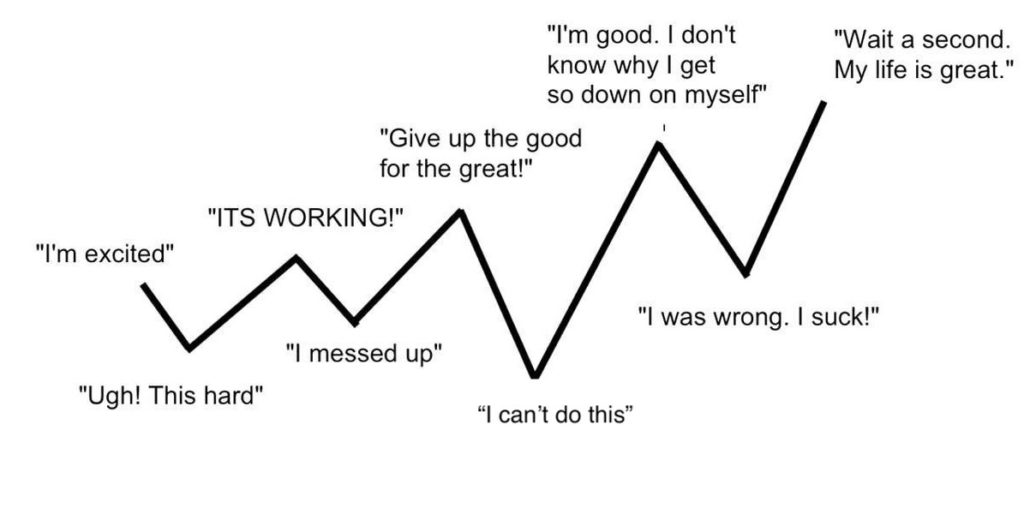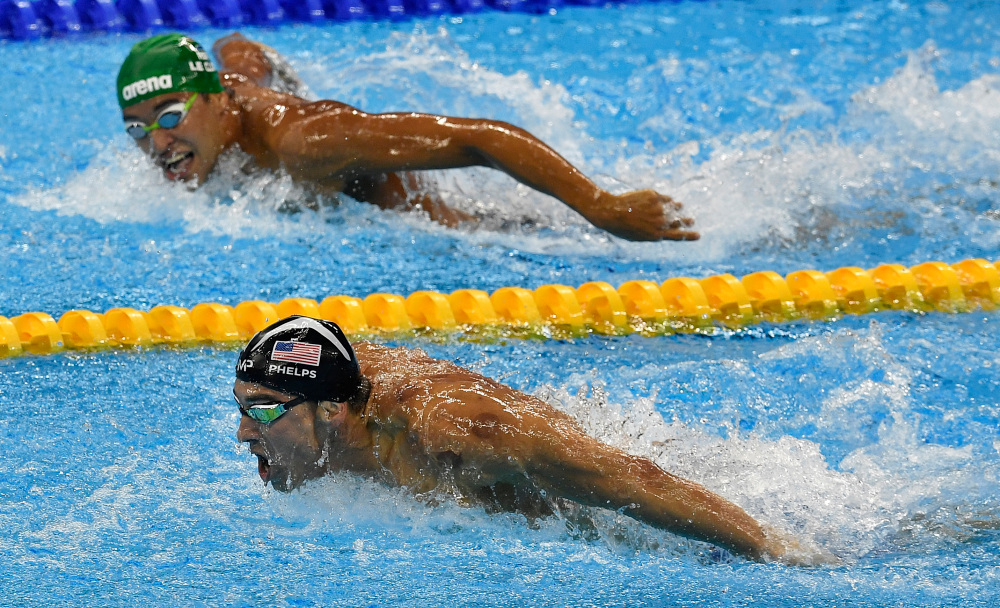“You are too old.” “You don’t need to work out any more.” “You shouldn’t be working out like that.” Do these sound familiar? These are some of the excuses that you tell yourself. Are these some of the questions other people ask you? This can get you down and it can be difficult to stay motivated. So I recently asked a group of master’s weightlifting athletes what they wish they knew when they started working out and what tips they would give to themselves back then. This is what they had to say.
1. Every sport takes a LOT of practise and patience
I remember my piano teacher telling me “Practise. Practise. Practise. If you want to move forward, you need to practise.” Regardless of your age or the sport you play, it will require practise. Practise will build your strength and muscle memory. But the thing is, that it isn’t just about the practise you put in, you need to be practising the correct technique. If I had practised my piano playing but didn’t know what the little hashtags meant at the beginning of a line, then no matter how hard I practised, I would never play the song right. I needed to know how to play the song and then had to practise the song correctly. This applies to sports, exercise, and life. You need to master the technique and form, then you can practise with the goal of getting better and stronger. This is where having a coach or a workout/sport partner is helpful. They can watch you and give you corrections and tips.
2. Recover as hard as you train
This applies for all athletes, not just masters athletes. If you are going for a run you might do a quick quad, calf and hamstring stretch either before or after, is that enough. No. A good rule of thumb is this, for every minute of your workout you should be incorporating one minute of recovery! That’s a lot! Recovery doesn’t just mean stretching, it includes active recovery and foam rolling in between sessions along with your warm ups and cool downs. This also includes any other activity you do in between sessions.
Example: if you go for an hour long run, you could be warming up for at least 10 minutes and cooling down for 5-10 minutes. Then the rest of the recovery time could be spent foam rolling, in yoga class, and going for a walk.
Additional forms of recovery that are just as important are: getting a good quality sleep, infrared sauna sessions, cross training, hot tubs, epsom salt baths, and more.
3. You will follow a path with lots of ups and downs, remember that the downs are still progress
Progress looks like the picture of the right. Never is it clear, easy and in a straight line, there will always be ups and downs, and plateaus. Dips in performance, weight gains, illnesses, injuries may all seem like downs that set you back. Don’t discredit what you learned during those periods, because that is still progress. Did you learn that when you eat Chinese food you gain 5lbs? Did you learn that going skiing the day before a game or a competition will decrease you power? Did you learn that drinking 1 glass of wine doesn’t make you gain weight, but 3 does. These are all valuable lessons that you will figure out only in the dips or downs of life, don’t be too hard on yourself.

4. Proper form and technique are key
Proper form and technique will always serve you better than more reps at a higher weight with poor technique. Whether this is in weightlifting, powerlifting, yoga, running, or any other sport. Poor technique often leads to injury. Landing on your heel with every stride during your training run with injure your knees or hips. Doing a vinyasa without your lats turned on can lead to shoulder injury. Lifting heavier weights that what you are prepared for can lead to muscle strains. And proper core muscle engagement is key for every sport including running, and when forgotten about can lead to back injuries. If you have any questions about your technique, ask other athletes in your sport or look for coaching.
5. Never ever compare yourself to others.
Do not focus on what other people are doing, it distracts you from your goals and performance. Don’t be like this swimmer. He took his eye off the end goal and looked at his competitor. Result? He lost. We all have unique goals and experiences, focus on yours!

There is so much truth in these statements!
Yours in health

